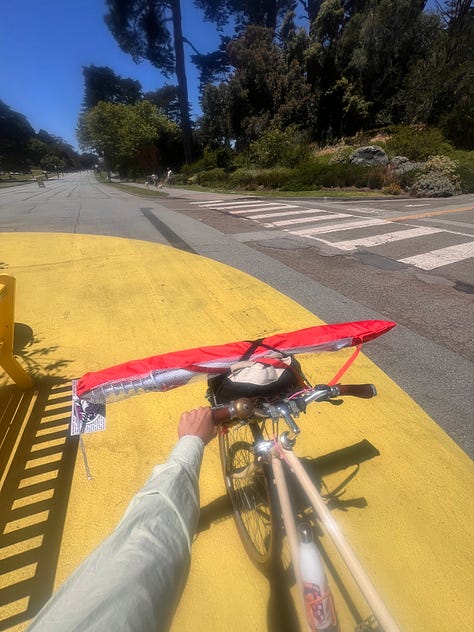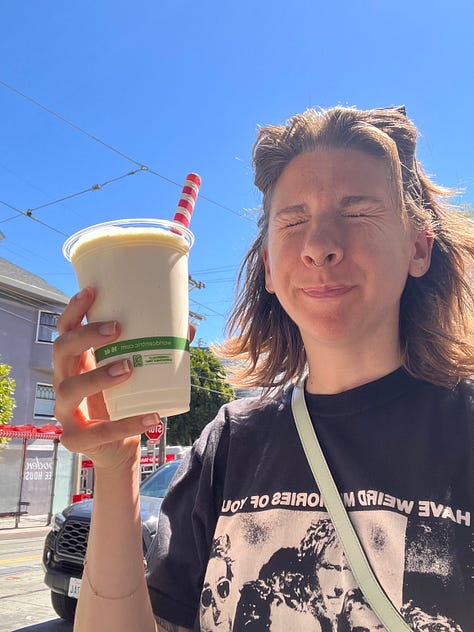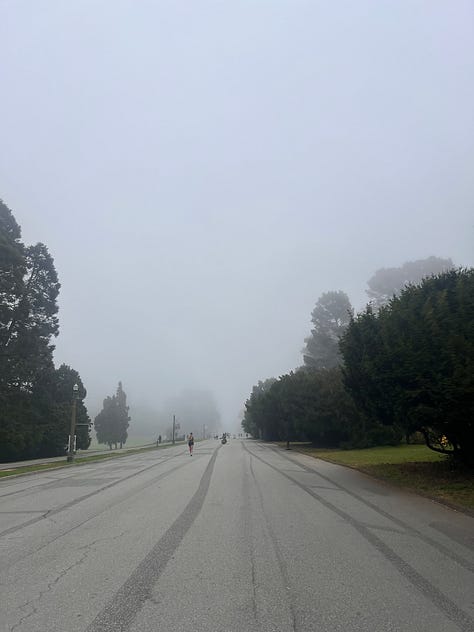Heya friends, happy Friday!
In today’s news we have a collision out of Wuhan, where an AV hit a pedestrian and much of the public wants to place blame on the pedestrian. It has historically been incredibly difficult to learn about any collisions or issues in Chinese trials based on reporting, and this collision may just be a tipping point.
Lets dive in!
The MIT Tech Review has a deep dive on how China is regulating AVs, focusing on how the country has a deep interest in making autonomous vehicles a reality very soon. They cover how the Chinese government, on both the central and local levels, has been pushing for AVs.
Bloomberg also has a piece about Beijing’s permit process, and how the city is pushing forward with the program despite growing backlash against the vehicles. Taxi drivers have expressed concerns over job losses, while residents have raised concerns over traffic jams and collisions. More information about the recent collision in the industry section below.
What cities can learn from Paris about safer streets
The Urban Institute put forward a comprehensive review of how Paris is delivering against mode shift goals, increasing the quality of life for residents while also hitting GHG reduction targets. The article details how interventions such as decreasing speed limits, increasing road space dedicated to buses, bikes, and people walking and investing in better public transport for suburban communities.
May Mobility launches a microtransit program in Eden
Well, technically it’s Eden Prairie, Minnesota… but same difference, right?
SouthWest Transit, the local transit agency, signed a three-year contract with May Mobility to integrate autonomous microtransit services in the Eden Prairie area. Riders will be able to travel to and from pre-determined stops, and five of the vehicles are wheelchair-accessible AVs that feature an ADA-compliant wheelchair ramp and securement system.
Pedestrian struck by AV in Wuhan
A pedestrian was struck by a Baisu AV in Wuhan; they were crossing the road when the opposite light turned green and the vehicle moved forward and hit them. The pedestrian was taken to the hospital, and thankfully had no external injuries. Much of the media now focuses on how people on social media are “siding” with the car and Baidu, since the pedestrian potentially shouldn’t have been in the intersection at the time.
I’d like to push back on that notion though. In theory, autonomous vehicles should be able to make sound and safer driving decision than us mere mortals. However, I think a human driver could have easily avoided this collision. I also think it's (1) victim blaming — pedestrians always have priority, and (2) impossible to imagine any city where people don’t walk at their own whim. AV companies need to factor that in and ensure that their cars can respond appropriately when faced with this circumstance.
Tangently related to the above, Baidu is experiencing more and more backlash against their service as it becomes more popular (this is the balance of life right?). In Wuhan, Baidu operates a fleet of 500 AVs (launched in August 2022). Now, more than 13.7 million taxi drivers are petitioning the municipal transport authority to limit their use. Meanwhile, Baidu has plans to double the fleet this year.
Tesla’s FSD is trained around Elon Musk
I almost didn’t correct my spelling when I accidentally typed out “Elon Muck” because that seemed like the perfect nickname.
The gist is that Tesla engineers cater to Elon Musk and YouTubers with Influence (lol), to ensure their rides are smooth. “Data from high-profile drivers like YouTubers received “VIP” treatment in identifying and addressing issues with the Full Self-Driving software. The result is that Tesla’s Autopilot and FSD software may better navigate routes taken by Musk and other high-profile drivers, making their rides smoother and more straightforward.” Par for the course as far as I’m concerned.
Mobility justice or transit boosterism?
“Many cities and countries have embraced transit-oriented development as an international growth management approach, shifting trips from car-oriented to transit. But in this race to become more sustainable, who is being left out? Using mobility justice as a theoretical framework, this paper presents a qualitative comparison between Malmö, Sweden, and Kitchener, Canada, two mid-sized cities where new rail-based infrastructure was completed in 2019.”






This week I listened to an interview with adrienne maree brown’s on Kritsa Tippett’s On Being podcast. I’ve read a number of adrienne’s books and I found this conversation to be so soothing (which is a nice balance to the stress I’ve been feeling as I watch The Bear, more on that below). If long-winding conversations about spirituality is your jam, I absolutely recommend.
The Bear is so stressful. I am on season two right now, and I think I have grey hairs. That’s my entire reflection. 🤣
That’s all from me. Have a beautiful weekend friends.
Sarah
If you’d like to support my work and this newsletter, please consider becoming a member of the San Francisco Bicycle Coalition or making a donation.








Elon Muck, what a Freudian slip. I love it!